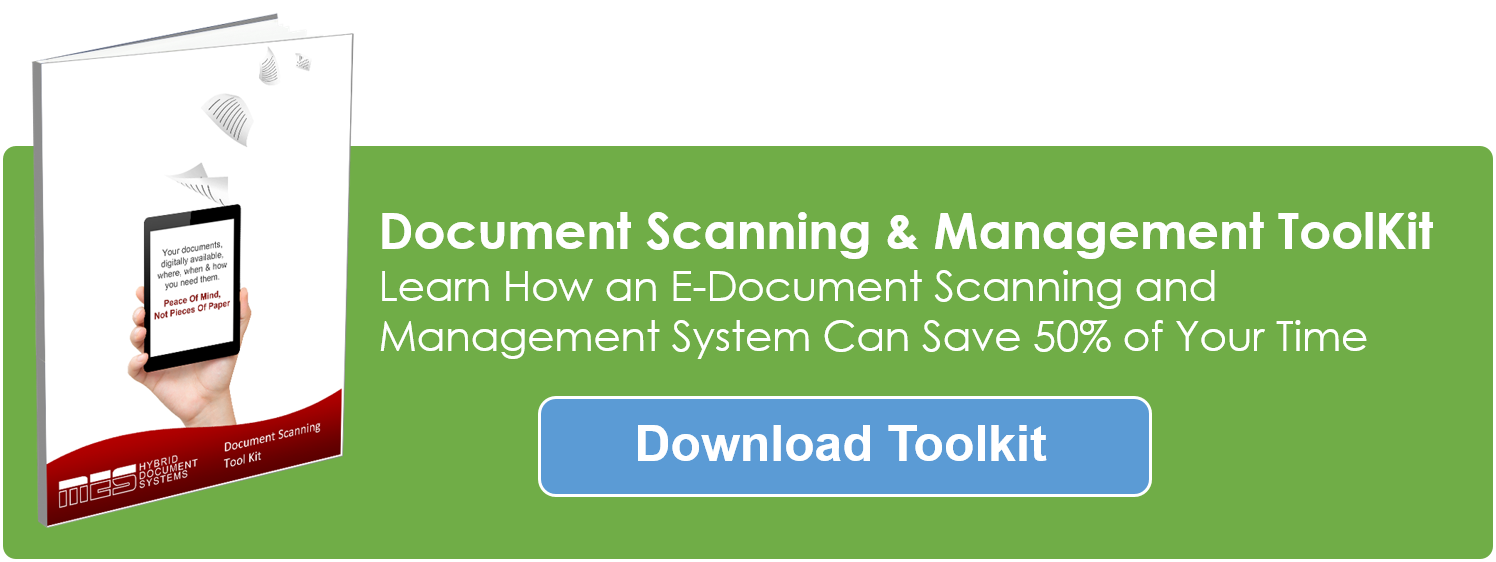 Document retention serves a higher purpose than simply ensuring accurate business records are kept. Effective document retention policies are informed by a variety of considerations from a business, technical and legal standpoint. In fact, a misguided policy could see you in noncompliance with the law.
Document retention serves a higher purpose than simply ensuring accurate business records are kept. Effective document retention policies are informed by a variety of considerations from a business, technical and legal standpoint. In fact, a misguided policy could see you in noncompliance with the law.
Canadian law requires that corporations, trusts and organizations keep adequate records that provide enough details to determine tax obligations and entitlements for a period of six years. Failure to keep records, or destroying them too early, could result in prosecution.
But legality should not be the only concern when implementing a document retention policy. While legal considerations are important, any policy should also balance technical possibilities, and of course the needs of your business. Below are some tips to help your business create an efficient document retention policy.
1. Create a Formal Policy
First things first, a formal document retention policy is an absolute must. It is critical from both a legal and business standpoint. In regard to the former, an official document retention policy that is practiced and enforced sets a framework that ensures you are in compliance with the requirements outlined under the law. For the latter, a formal policy will help your business eliminate storage costs by ensuring that you do not obtain records for any longer than you need to.
2. Include an Implementation Plan
A formal document retention policy that is not properly implemented will do nothing but waste company resources and fail to serve its initial purpose. Employees should be made aware of their roles and responsibilities under the policy, as to avoid confusion or poor employee adoption. Furthermore, an implementation can help account for and improve the various ways that employees store documents, so that information is traceable and important records are not misplaced. Document management systems can be highly effective to this end (see #3).
3. Integrate Your Policy with a Document Management System
Document management systems that work harmoniously with your document retention policy cover all bases: legal, business/operational, and IT. Such systems provide a more efficient (and consistent) way to file, store, organize, secure, and retrieve every important document or record that is prudent to keep. It also allows organization to automate processes such as expense reports, AP invoice approval, and AR functions that can be tracked and stored logically within a single system. Furthermore, document management systems allow for easy retrieval of any records, meaning the ability to find the information you need is right at your fingertips.
Remember, an effective document retention policy is not just important from a legal perspective – it can also service business and operational needs by curtailing document management issues and eliminating costly business processes. If you create and implement a policy using the above advice, you can ensure that all considerations – operational, legal, and technical – are attended to.

